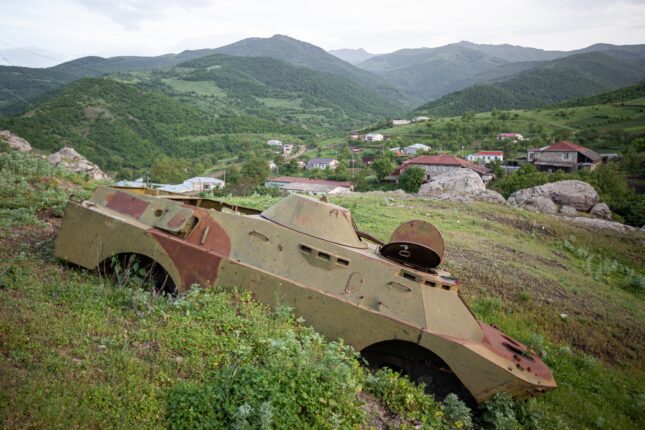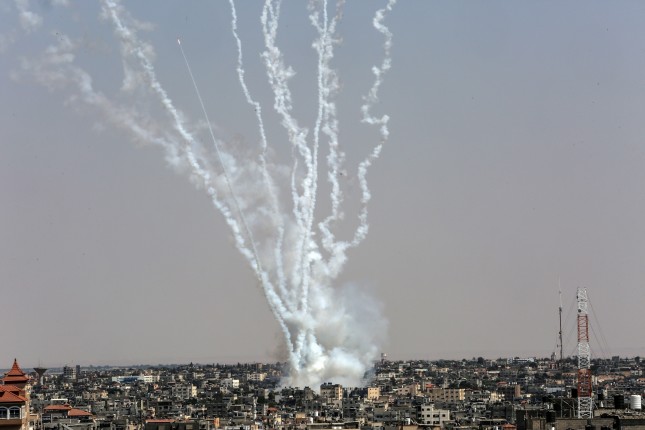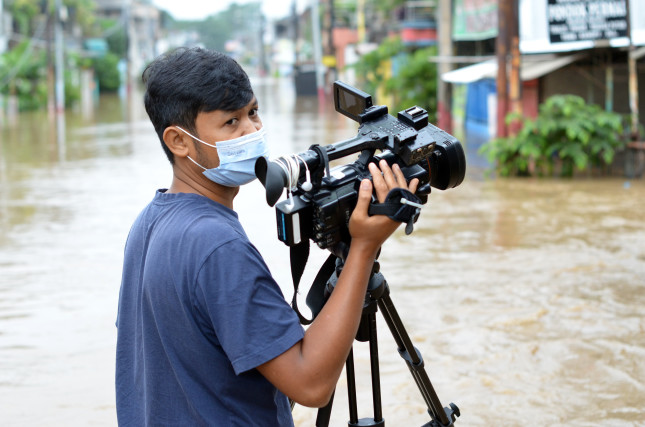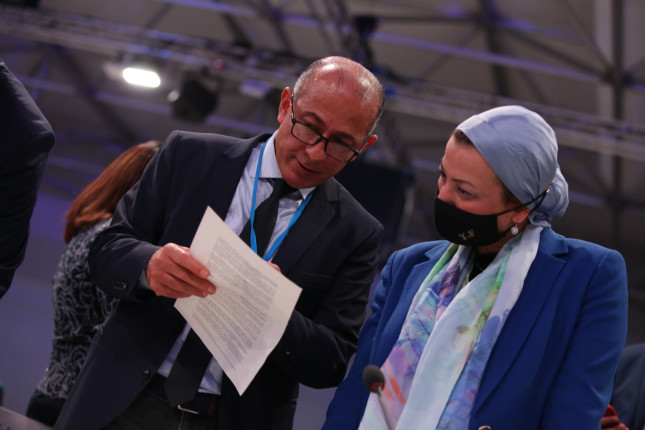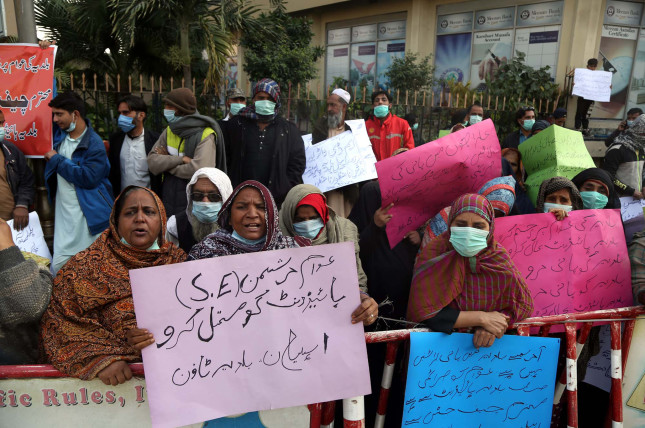-
Climate Insecurity Comes for Europe
›October 30, 2025 // By Peter SchwartzsteinWhen we look at climate-related insecurity, it’s usually in the context of poorer parts of the planet. And there’s generally good reason for that focus. Regions such as the Sahel and the Middle East are where the most––and worst––conflict of this nature plays out. And, for the most part, poorer countries are also the places least equipped to manage climate impacts and their effects on stability.
-
Environmental NGOs as Tools of State Security Policy: A Growing Trend
›
For a group of self-described environmentalists, the roughly two dozen Azerbaijanis who suddenly assembled along the highway near the Armenian border in late 2022 looked like a pretty atypical lot. None of them appeared to have a background in any kind of green movement. Nor did any of them, clad in largely matching cold weather gear, attempt to explain how they could protest mining operations (their declared raison d’être) without encountering problems in a police state. Indeed, they remained unbothered even as their numbers swelled over the following weeks.
-
Climate Security and Europe’s Greens: A Match Made in Political Heaven?
›
When Luxembourg’s Green Party was offered the defense portfolio in coalition talks after performing strongly in the country’s 2019 elections, its senior members faced a dilemma. Never before had a party of its political stripe held that brief anywhere in the world.
Some of the Green rank and file, drawn from pacifist backgrounds, seemed uncertain as to what to make of it all. But to François Bausch, the Green politician who ultimately took on the roles of defense minister and deputy prime minister there, the answer seemed obvious. Here was an opportunity for the party to advocate for climate security from a highly relevant perch, all while showing voters that it could be trusted with such strategic concerns.
-
A Reminder from Israel and Gaza on the Importance and Limitations of Environmental Peacebuilding
›
I flew into Tel Aviv last Friday afternoon, primed for a week of meetings with Israeli and Palestinian environmentalists and officials. By sounding out these men and women in Jerusalem, the West Bank, and other parts of the region, I hoped to expand on past explorations of their transboundary cooperation, widely recognized as a model for environmental peacebuilding. Through an articulation of the successes that they––and their Jordanian peers–have had in bolstering water access, renewable energy, and environmental protection across their shared natural landscape, I was looking forward to telling a positive environmental conflict story—particularly one in a place that is often bereft of good news.
-
Environmentalism for Sovereignty’s Sake
›
Egypt’s Gebel Elba National Park is, by all accounts, a spectacular place. But it better be to justify the fuss it takes to visit. First you have to apply for a permit. If that’s approved (and almost none have been in recent years), you need to travel with an approved tour operator. Even then, you must be accompanied by police at all times.
-
Media and Climate Security: Mutual Miscomprehension?
›
There’s a scene near the climax of Agatha Christie’s Murder on the Orient Express when Hercule Poirot starts to plot out the possible murderers. There’s Colonel Arbuthnot, who had opportunity and motive. There’s Mr. McQueen, suspicious in his transparent attempts to misdirect the detective. There’s even the haughty, toad-faced Princess Dragomiroff. Like practically everyone on the train, she had good reason to wish the evil Ratchett dead.
-
COP 27 in Sharm: Few Opportunities and More Challenges for MENA Environmentalists
›In November, the world’s marquee climate conference will come to one of its fastest warming regions. Over roughly two weeks, global leaders, businesspeople, and, in theory, civil society organizations, will negotiate and schmooze along the shores of the Red Sea at Sharm el-Sheikh, Egypt. After a rather mixed outcome of last year’s COP 26 in Glasgow – and even more chilling IPCC report releases since then, global environmentalists are counting on this year’s COP 27 to produce the kinds of game-changing, emissions-cutting measures that climate risks so desperately demand.
-
Why Water Conflict is Rising, Especially on the Local Level
›
That future wars will be fought over water, rather than oil, has become something of a truism, particularly with regard to the Middle East. It’s also one that most water experts have refuted time and time and time again. But while this preference for cooperation over conflict may (and emphasis on may) remain true of interstate disputes, this blanket aversion to the ‘water wars’ narrative fails to account for the rash of other water-related hostilities that are erupting across many of the world’s drylands. As neither full-on warfare nor issues that necessarily resonate beyond specific, sometimes isolated areas, these ‘grey zone’ clashes don’t seem to be fully registering in the broader discussion of water conflicts. In failing to adequately account for the volume of localized violence, the world is probably chronically underestimating the extent to which water insecurity is already contributing to conflict.
Showing posts by Peter Schwartzstein.



